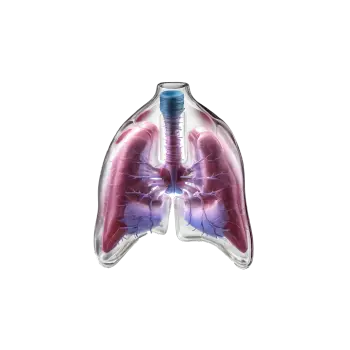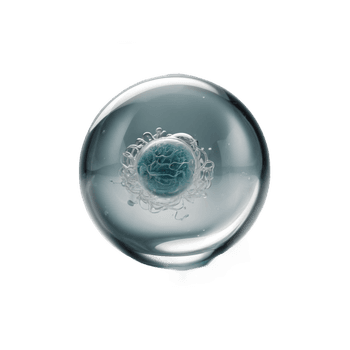Quick version
Why the thyroid is so important during pregnancy
The thyroid produces hormones (T4 and T3) that control metabolism throughout your body – and these thyroid hormones also control the development of the fetus’s brain. During pregnancy, your body’s need for thyroid hormone increases by about 50%. Too little thyroid hormone (hypothyroidism) can increase the risk of the following:
- Miscarriage
- Premature birth
- Impact on the child's cognitive development
- Pregnancy complications
Are you at risk of developing thyroid problems during pregnancy?
There are some factors that play a role in your potential risk of developing them, for example if you:
- Already have diagnosed hypothyroidism
- Have autoimmune diseases (e.g. Hashimoto's)
- Have relatives with thyroid disease
- Have had previous fertility problems
- Eat iodine-poor diet
Common mistakes – this is what happens in healthcare today
A new report from Sköldkörtelförbundet shows that healthcare in Sweden varies greatly depending on where you live in the country. Here are some results that require extra attention:
- 19% screen too late (after week 10)
- 45% only take TSH test
- 51% do not advise increasing the dose for women already being treated for hypothyroidism
How to keep track of your thyroid health – both before and during pregnancy
Are you planning to get pregnant?
- Check your thyroid values (TSH and free T4)
- Discuss dose adjustment with your doctor, if you are taking medication for thyroid disease
You have become pregnant and are on Levaxin?
- Increase the dose immediately by two daily doses a week, after consultation with your treating doctor
- Contact the healthcare provider for testing within 3–4 weeks
You are pregnant but have not previously been tested?
- Ask for TSH and free T4 test as early as possible
- Pay attention to any symptoms such as fatigue, chills and dry skin
Don't forget iodine!
Iodine is necessary for your body to be able to form thyroid hormones to the extent needed. The report from the Swedish Thyroid Association shows that over half of midwives do not advise on iodized salt, even though mild iodine deficiency is common among pregnant women in Sweden.
Tip: Use iodized table salt and choose a multivitamin for pregnant women with iodine (150 µg/day) to optimize your iodine intake.
What can you demand from healthcare?
According to the SFOG guidelines and the National Board of Health and Welfare's national recommendations, you are entitled to:
- Early screening with both TSH and T4
- Advice on dose adjustment in case of hypothyroidism
- Follow-up with blood tests every 4–6 weeks until week 25
Summary
In summary, good thyroid health is crucial during pregnancy, both for you and for your child. It is therefore important to ensure that:
- You have the opportunity to test yourself early
- Adjust your medication if necessary
- Get enough iodine through diet or supplements
Do you need to test your thyroid? With us you can order and carry out blood tests for analysis of TSH and free T4 – perfect for those of you who are pregnant or planning to become pregnant.
























